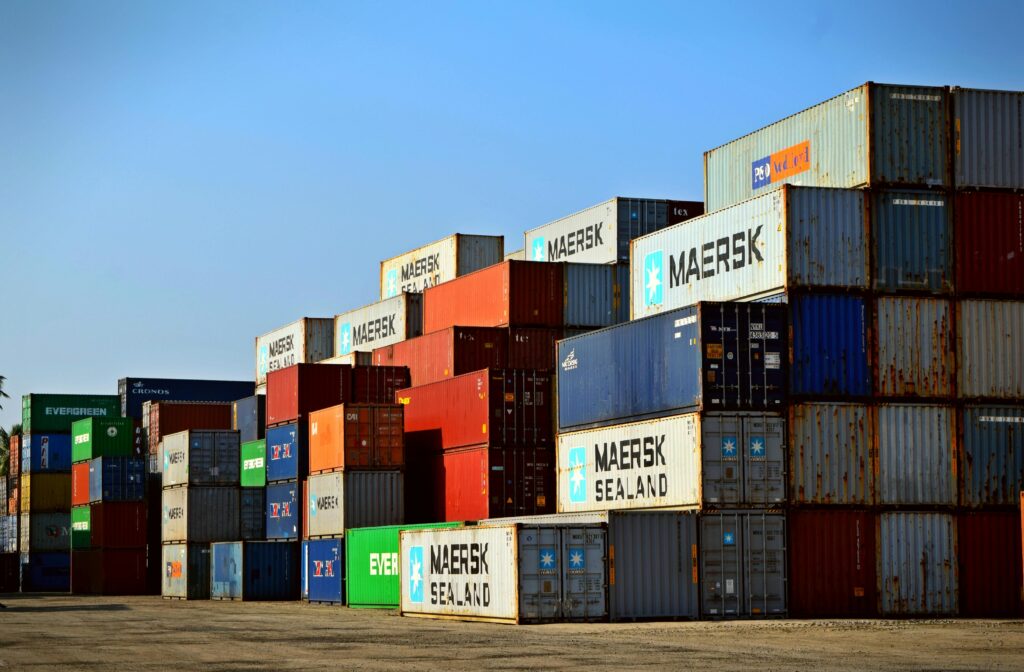Introduction
Decision-making is a complex process influenced by a multitude of factors. Businesses, industries, and governments are faced with a plethora of choices daily, each with potentially far-reaching consequences. These entities are driven by a combination of economic, social, political, and environmental considerations that guide their choices.
Economic Considerations
At the heart of decision-making lies economics. Businesses aim to maximize profits, industries seek growth, and governments aim for stable economies. Economic factors such as supply and demand, market conditions, and inflation rates play a significant role in determining decisions. For instance, businesses might expand into new markets or introduce new products based on economic forecasts.
Technological Advancements
Rapid technological advancements influence how decisions are made across sectors. Industries need to embrace innovation to stay competitive, and governments often invest in technology to enhance infrastructure and public services. The fear of falling behind in the technology race drives decisions to adopt and adapt to new technologies.
Consumer Behavior and Market Trends
Understanding consumer behavior and market trends is crucial for businesses and industries. Decision-makers need to anticipate shifts in consumer preferences and adjust their strategies accordingly. Staying ahead of trends can mean the difference between success and failure.
Regulatory and Legal Frameworks
Governments create regulatory and legal frameworks that impact business operations. Compliance with laws and regulations, as well as anticipation of potential changes, shapes decision-making processes.
Global Political Climate
The global political landscape affects international decisions, trade policies, and diplomatic relations. Businesses expand into new regions, and governments form alliances based on geopolitical considerations.
Environmental Concerns
As environmental issues take center stage, businesses and governments must make decisions that are environmentally sustainable. This might involve adopting greener practices or adhering to stricter regulations.
Competition and Innovation
Competition drives businesses to innovate and differentiate themselves. Industries must make decisions to stay ahead, whether by developing new products, enhancing services, or improving operational efficiency.
Social and Cultural Influences
Societal values and cultural shifts can’t be ignored. Businesses and governments need to align with public sentiments, even if it means adjusting long-standing practices.
Resource Availability
Decisions are influenced by the availability of resources such as raw materials, energy, and manpower. Scarcity or abundance of resources can shape strategies.
Risk Management
Risk is inherent in decision-making. Businesses calculate risks associated with investments, while governments assess potential outcomes of policy changes.
Geopolitical Relations
International relations and conflicts impact decisions on trade, alliances, and foreign policy. Businesses factor in geopolitical stability when expanding globally.
Public Opinion and Perception
Public opinion holds weight, especially in democratic societies. Businesses and governments often adjust their decisions to align with public sentiment.
Ethical and Moral Factors
Ethical considerations play a role in decision-making. Businesses and governments may choose courses of action that align with their moral compass.
Conclusion
The forces that drive businesses, industries, and governments to make decisions are multifaceted. From economic considerations and technological advancements to social influences and ethical factors, the decision-making process is a delicate balance of numerous variables. Each choice made reverberates through society, contributing to the ever-evolving fabric of our world.


